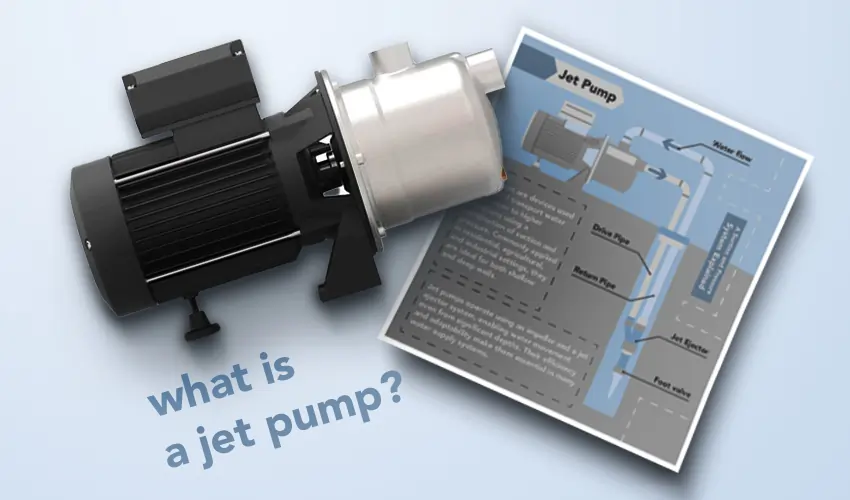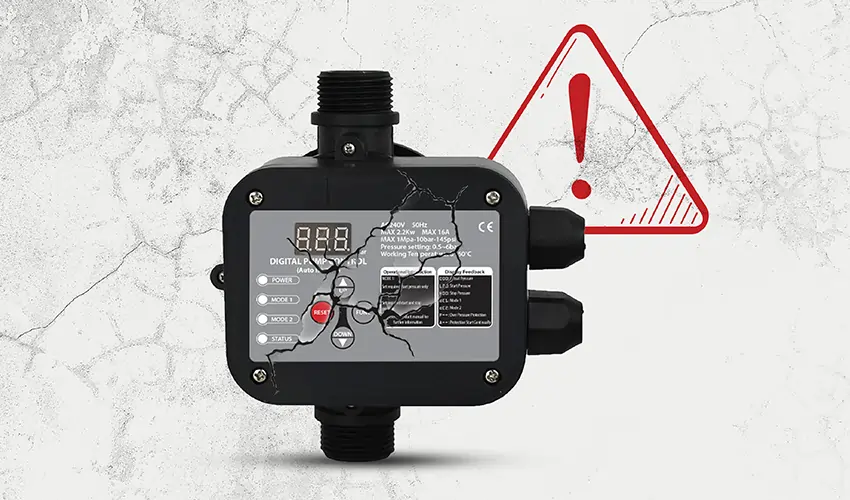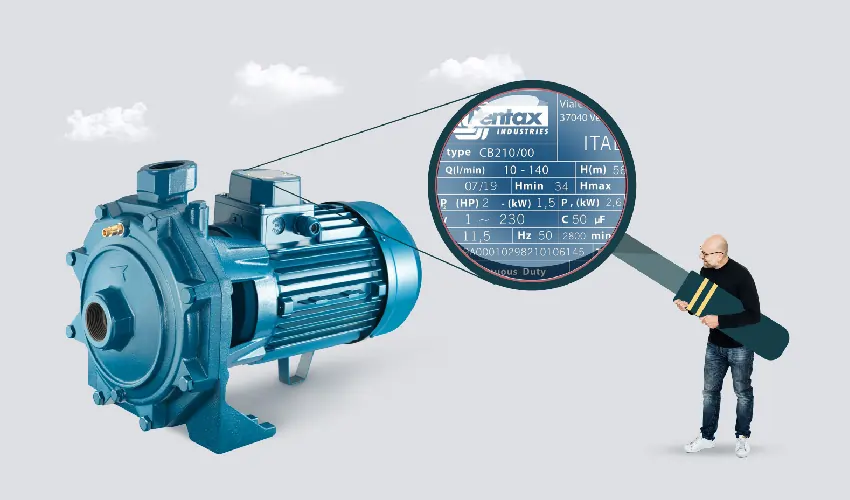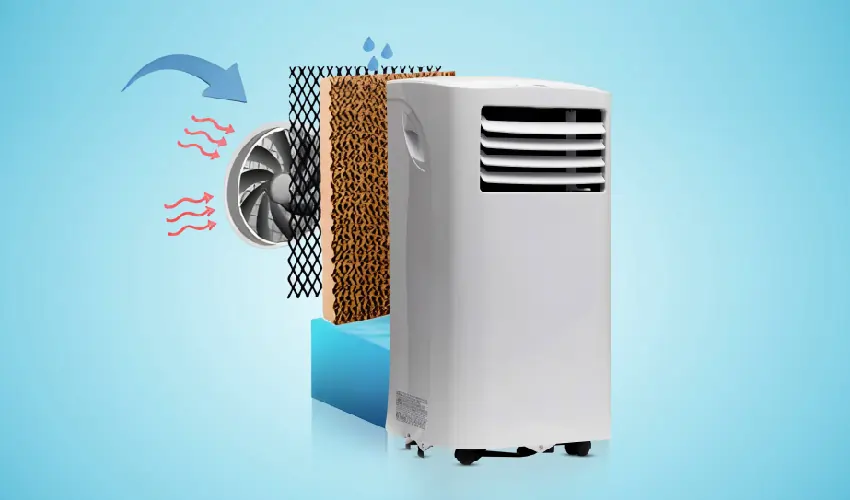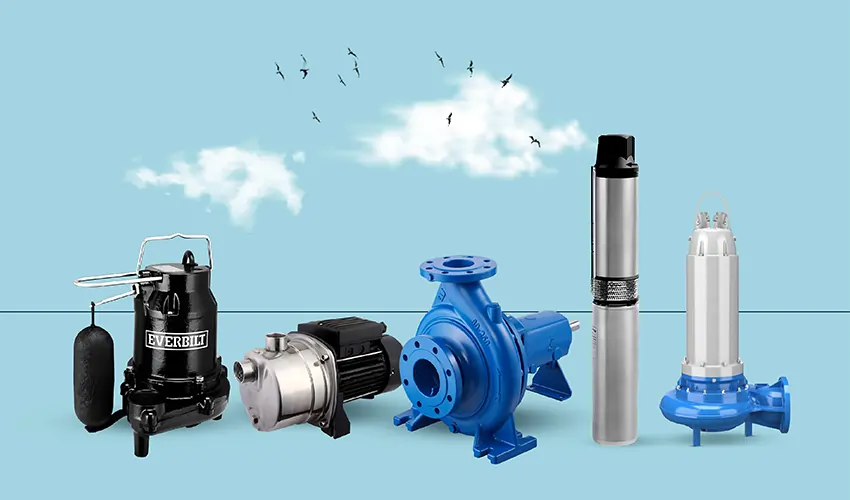Portable Generator Oil Change Importance and Choosing the Right Oil
Just as the heart needs the right fuel to function optimally, your generator’s engine relies on proper lubrication for peak performance. Discover the key considerations for selecting the ideal oil and the importance of timely changes to keep your portable power source in top condition.
Importance of Regular Oil Changes
Regular portable generator oil change are crucial for the proper functioning and longevity of any internal combustion engine, including those in generators. Here are several reasons highlighting the importance of regular oil changes
Lubrication of Engine Components
Oil lubricates various moving parts within the engine, reducing friction and wear. This prevents excessive heat and helps the engine operate smoothly.
Heat Dissipation
As the engine operates, it generates heat. Clean oil helps in dissipating this heat effectively. Over time, oil can become contaminated with particles and lose its ability to dissipate heat efficiently.
Contaminant Removal
Engine oil acts as a cleaning agent, capturing and holding debris, dust, and other contaminants that can accumulate within the engine. Regular oil changes remove these contaminants, preventing them from causing damage.
Prevention of Sludge Buildup
Over time, oil can break down and form sludge, especially if it becomes contaminated with dirt and combustion byproducts. Regular oil changes prevent sludge buildup, ensuring proper oil flow and preventing blockages in the oil passages.
Engine Cooling
Oil also plays a role in cooling the engine. Clean oil has better heat-carrying capabilities than dirty or degraded oil, helping to regulate the engine temperature.
Improved Fuel Efficiency
Engines with clean oil operate more efficiently. Reduced friction and efficient heat dissipation contribute to improved fuel efficiency, potentially saving on fuel costs.
Extended Engine Life
Proper lubrication and cooling provided by clean oil contribute to the overall health and longevity of the engine. Regular oil changes help prevent premature wear and reduce the risk of engine failure.
Maintaining Manufacturer’s Warranty
Many manufacturers require adherence to a regular maintenance schedule, including oil changes, to maintain the warranty on the generator. Neglecting these maintenance requirements could void the warranty.
Reduced Emissions
A well-lubricated and properly functioning engine tends to produce fewer emissions. Regular oil changes contribute to cleaner combustion and help in meeting emission standards.
Smooth Engine Performance
Clean oil ensures smoother and quieter engine operation. Engines with dirty or degraded oil may exhibit knocking or other undesirable noises.
How Often to Change Portable Generator Oil?
The frequency of portable generator oil change depends on several factors, including the generator model, engine type, usage conditions, and the type of oil used. However, as a general guideline, it is recommended to change the oil in a portable generator after the first 20-25 hours of use and then every 50-60 hours thereafter. Here are some key points to consider:
Initial Oil Change
Change the oil after the first 20-25 hours of operation. This initial change is important to remove any manufacturing residues and ensure proper lubrication.
Regular Maintenance
For ongoing maintenance, subsequent oil changes are typically recommended every 50-60 hours of operation. However, it’s essential to refer to the specific recommendations provided in the generator’s manual.
Heavy Use Conditions
If the generator is subjected to heavy use, such as during extended power outages or continuous operation, more frequent oil changes may be necessary. In such cases, it’s advisable to check the oil level regularly and change it sooner if it appears dirty or if the oil level drops.
Oil Type
The type of oil used can also impact the change interval. Some generators use synthetic oil, which often has longer change intervals compared to conventional oil. Always refer to the manufacturer’s recommendations for the appropriate oil type and change intervals.
Seasonal Considerations
If the generator is used seasonally, change the oil before storing it for an extended period. Clean oil helps protect the engine during storage and ensures it’s ready for use when needed.
Regular Inspections
In addition to regular oil changes, perform visual inspections of the oil and check for any signs of contamination or discoloration. If the oil appears dark or dirty, it’s an indication that a change may be necessary.
Follow Manufacturer’s Recommendations
Always follow the oil change recommendations provided by the generator’s manufacturer. The owner’s manual typically contains important information about maintenance intervals, oil types, and other relevant guidelines.
Choosing the Right Oil for Your Generator
Choosing the right oil for your generator is crucial for its proper operation and longevity. Here are some key factors to consider when selecting oil for your generator
Check the Owner’s Manual
The first and most important step is to consult the owner’s manual of your generator. The manufacturer provides specific recommendations regarding the type and viscosity of oil suitable for your generator.
Consider the Temperature Range
Choose oil with a viscosity grade that matches the temperature range in which your generator operates. In colder climates, a lower viscosity oil may be necessary for easier cold starts, while a higher viscosity oil might be suitable for warmer conditions.
Choose the Right Oil Type
Generators commonly use either conventional (mineral) oil or synthetic oil. Synthetic oils generally offer better performance in extreme temperatures, provide enhanced wear protection, and may have longer change intervals. However, it’s essential to use the oil type recommended by the generator manufacturer.
API Classification
The American Petroleum Institute (API) classifies oils based on their performance characteristics. Look for oil with an API classification recommended in your generator’s manual. Common classifications include SJ, SL, SM, SN for gasoline engines, and CF, CG-4, CH-4, CI-4, CK-4, or FA-4 for diesel engines.
Consider Additives
Some oils come with additives that provide additional benefits, such as improved cleaning properties, increased wear protection, and better resistance to oxidation. However, it’s crucial to ensure that any additives in the oil align with the manufacturer’s recommendations.
Synthetic Blend Oils
Synthetic blend oils combine conventional and synthetic base oils, offering some of the benefits of both. They can be a good compromise, providing improved performance without the higher cost of full synthetic oils.
Oil Change Intervals
Consider the recommended oil change intervals provided by the manufacturer. Some oils, especially synthetic ones, may allow for longer periods between changes.
Multi-Viscosity Oils
Multi-viscosity oils, such as 10W-30, are designed to provide optimal viscosity at both low and high temperatures. They offer flexibility and can be suitable for generators used in varying weather conditions.
Avoid Using Automotive Oils in Diesel Generators
If you have a diesel generator, be cautious about using automotive oils, as diesel engines have different requirements. Diesel engine oils typically have additional additives to handle the higher operating temperatures and stresses associated with diesel engines.
Brand Recommendations
Stick to reputable and well-known oil brands. Quality oils from established manufacturers are more likely to meet the necessary specifications for your generator.
Conclusion
Choosing the right oil and adhering to recommended change intervals are vital for maintaining the performance and longevity of a portable generator. Following the guidelines outlined in the owner’s manual ensures compatibility with the generator’s specifications, temperature requirements, and engine type.






